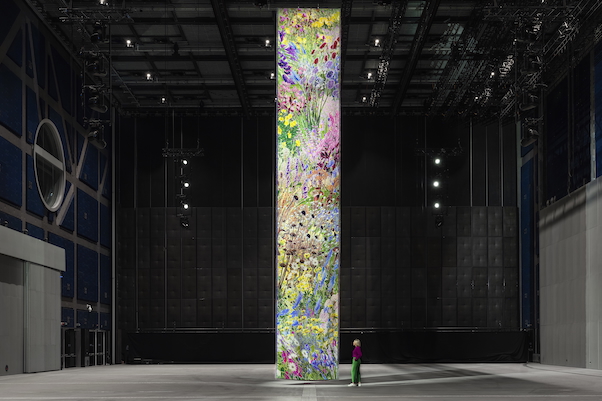



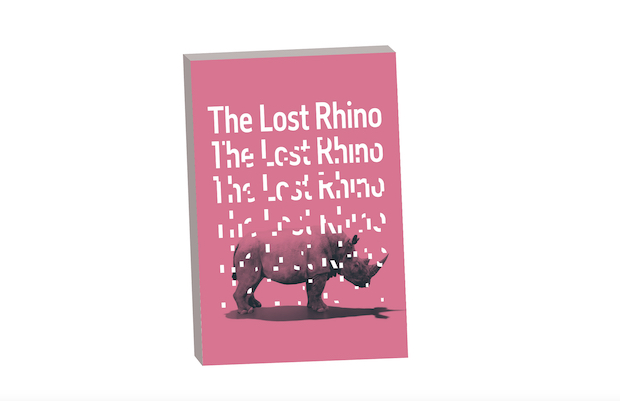

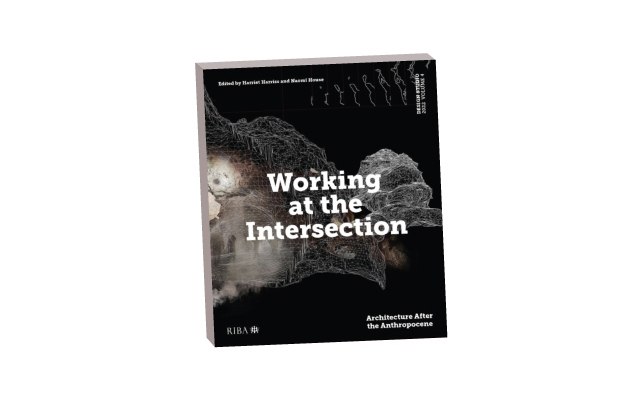

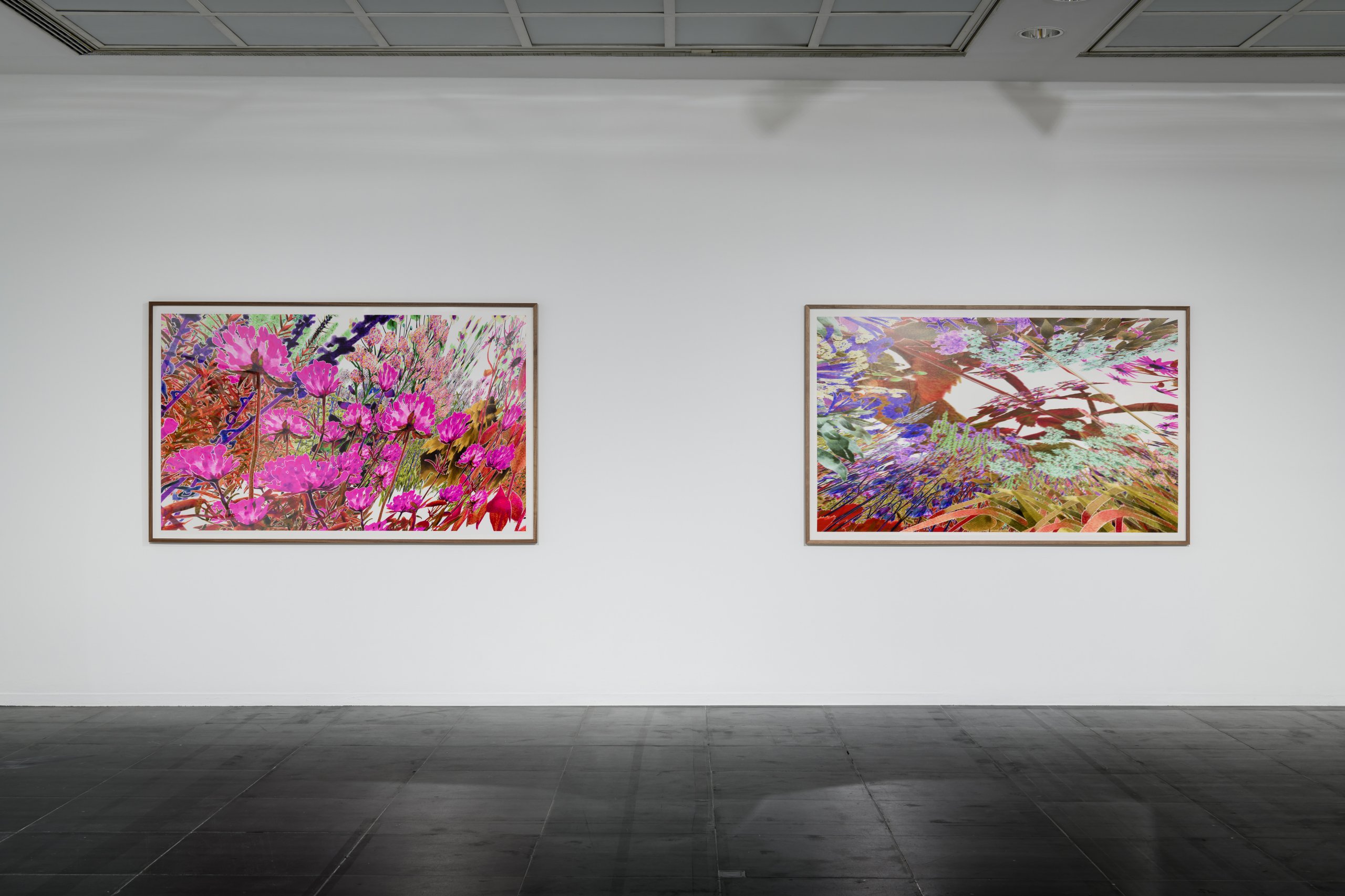

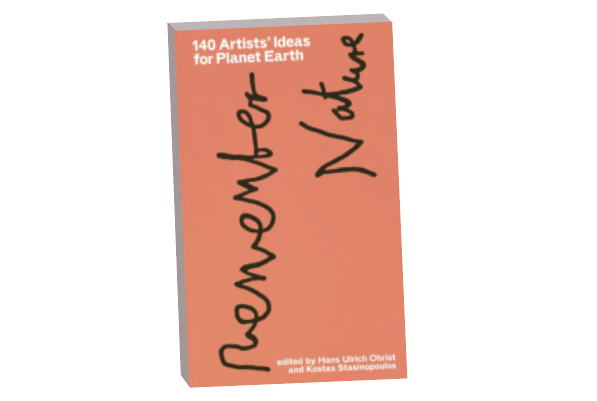

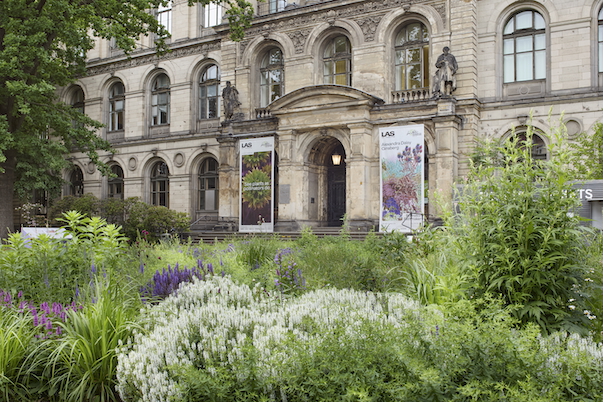

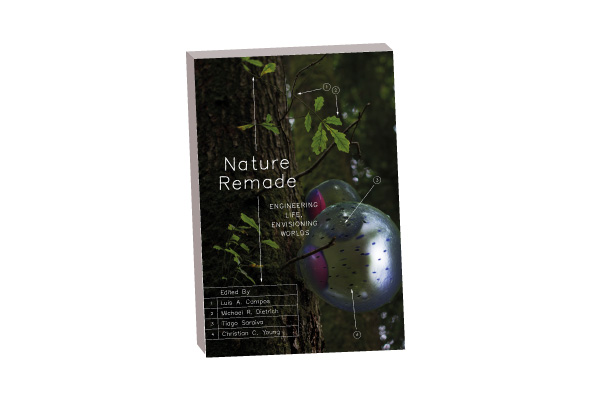



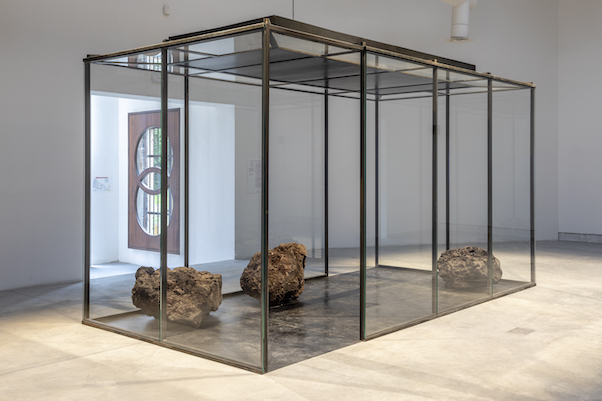



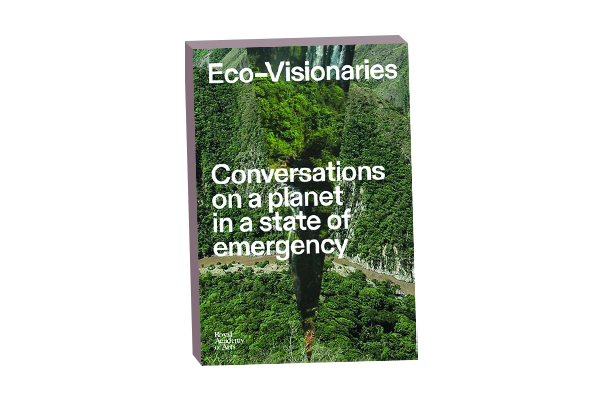

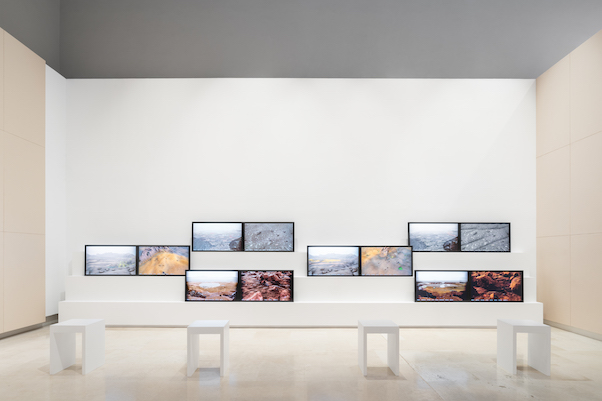


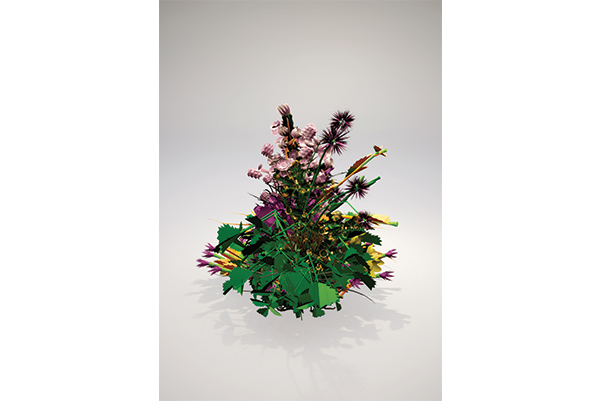
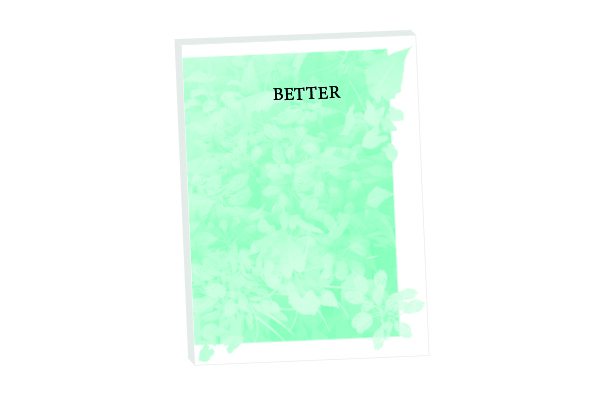

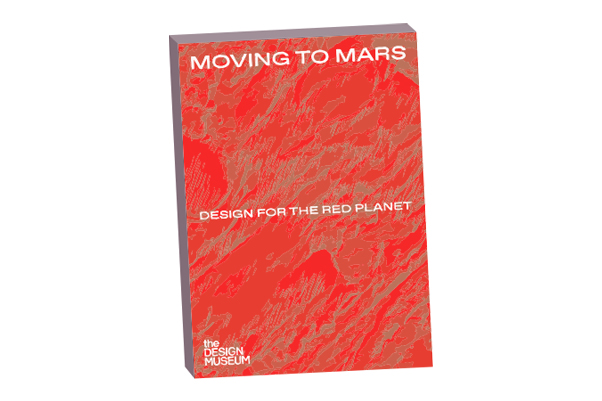

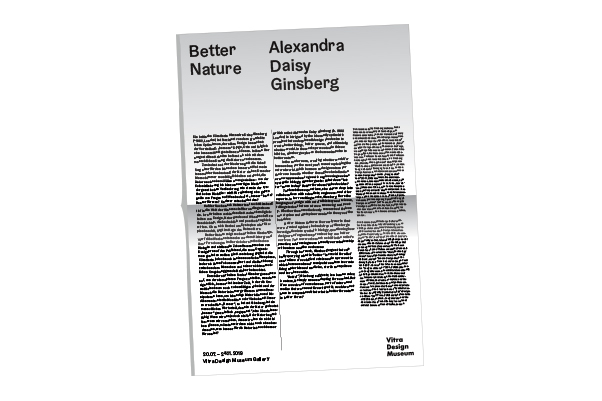

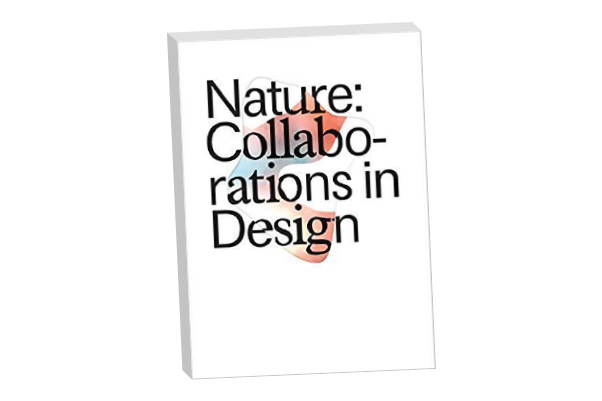

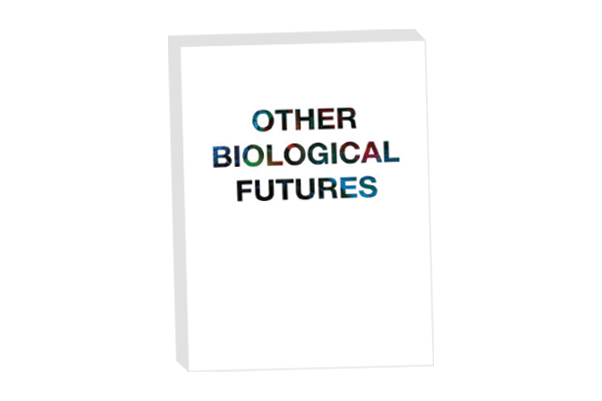

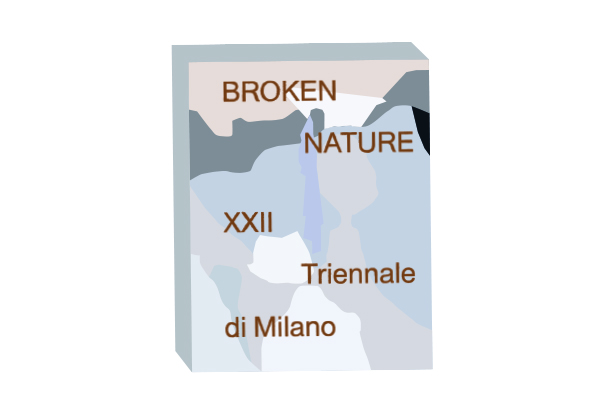

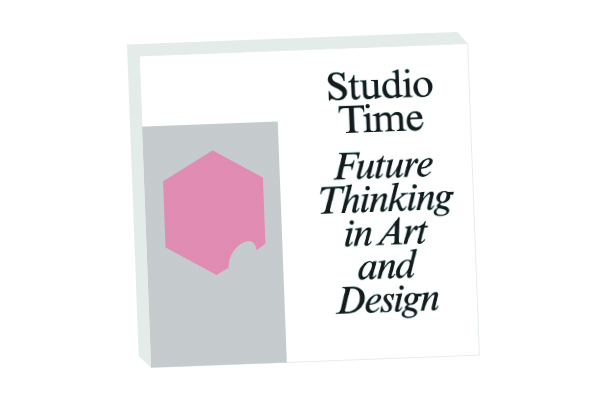



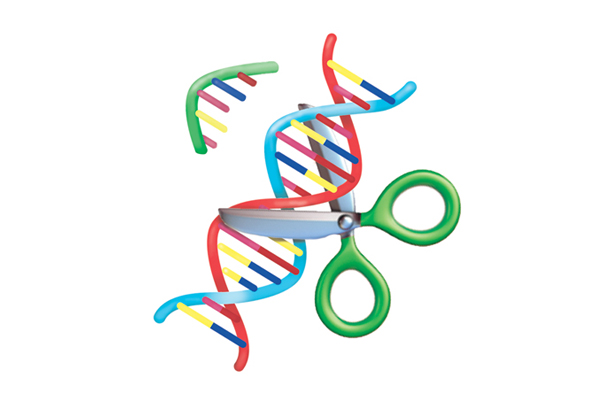
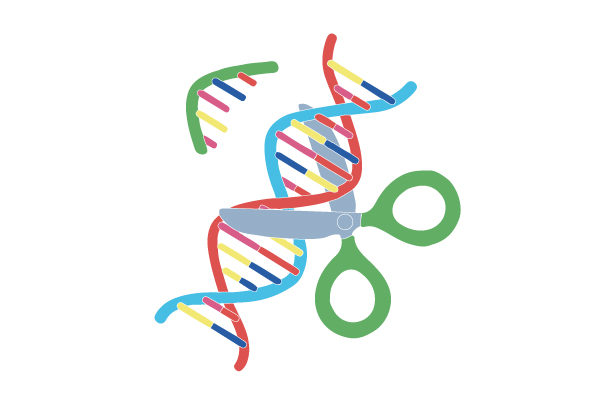


MCD Magazine
Using the language of design to test and explore the delicate relationship between synthetic biology and conservation.
[...]Wired UK
As sustainable cleaning-product company Ecover discovered, the question whether synthetic biology is a sustainable technology still needs to be answered.
[...]Icon Magazine
Farmland is becoming digitised, with the giants of global agribusiness developing combine harvesters that drive themselves and drones that monitor the water content of crops. Humans, meanwhile, continue their retreat from the land.
[...]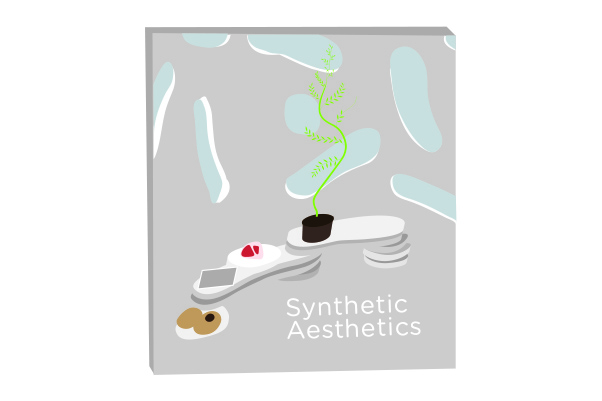
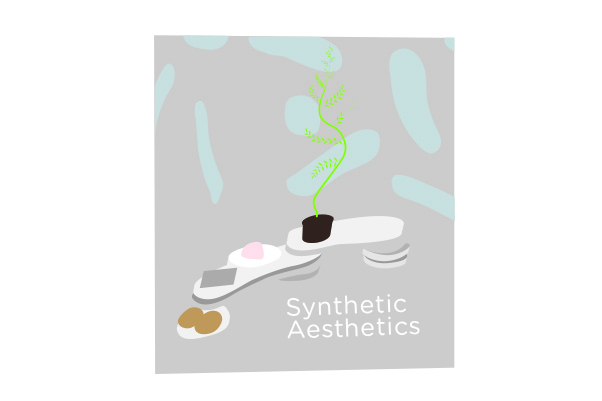
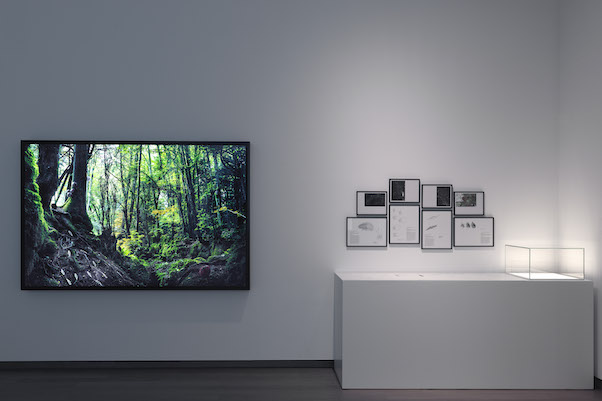

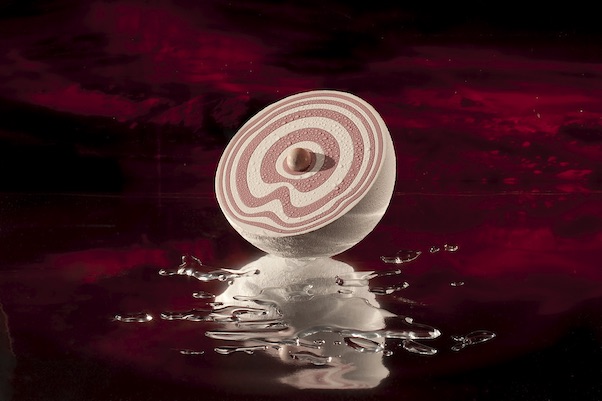

Volume magazine
While synbio start-ups—large and small—struggle with the reality of scaling up microscopic cellular factories into profitable business models, stories of DIY anti-cancer research, Neanderthal cloning, limitless ‘green’ kerosene, and tumor-killing bacteria are told as outcomes of a likely future where humans have full control over biology.
[...]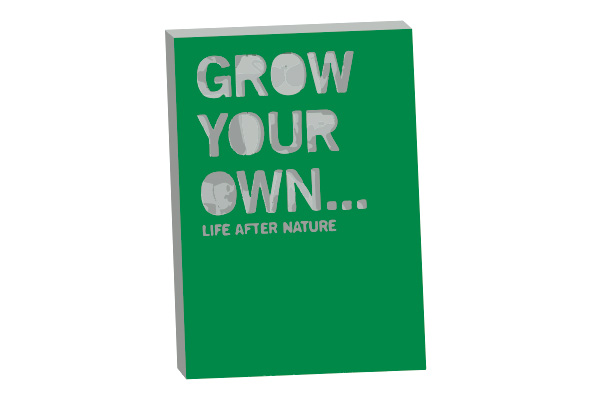
DAMn magazine
For better or for worse, some foodstuffs are becoming unrecognisable in relation to their originals, if not visually then compositionally. In other cases, they are exploited merely to humour us.
[...]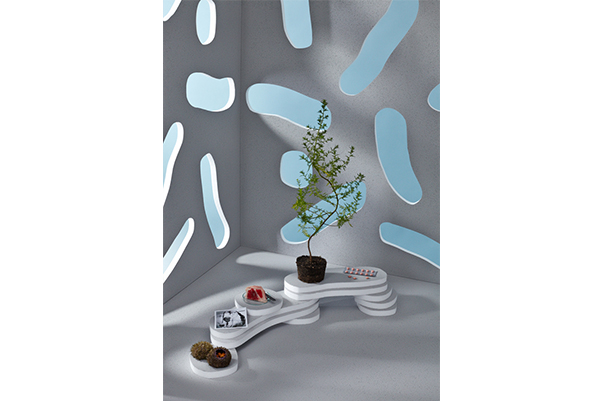

RSA Journal
Synthetic biology has the potential to transform the manufacturing sector, but it requires a new way of thinking about the relationship between design and science, between nature and industry, and even between creator and product.
[...]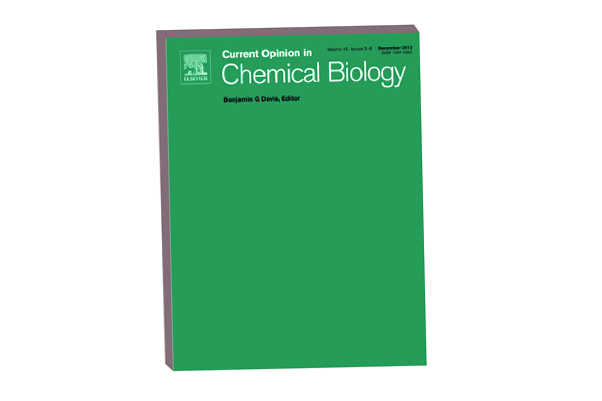

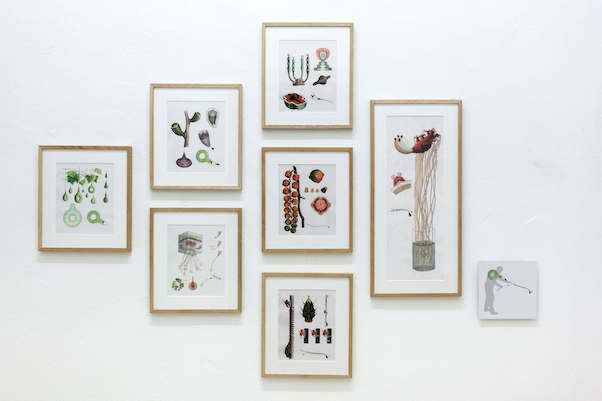

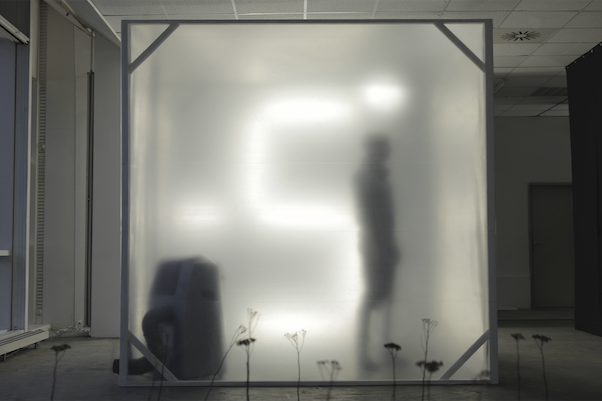

Thresholds Journal
Proposing an alternative vision for synthetic biology, The Irrational Genome Design Contest celebrates unintentional design and the wider ecosystem, encouraging nature to better design itself.
[...]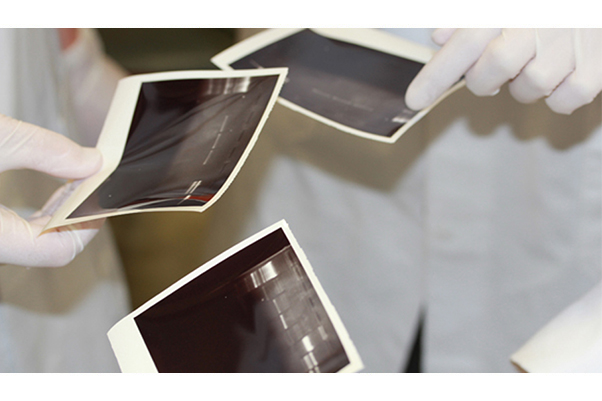

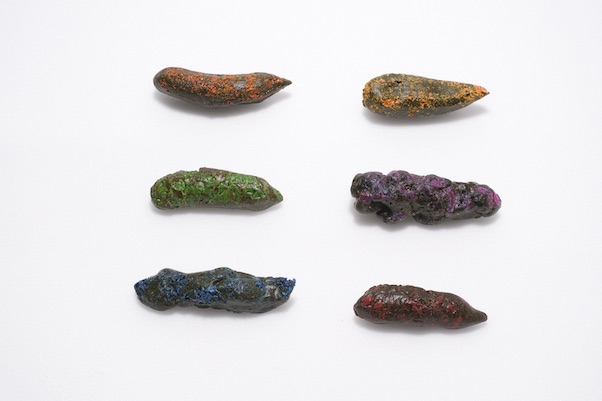

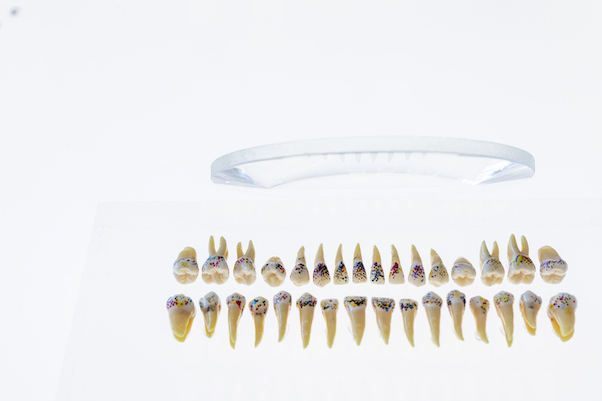

Icon Magazine
“Not again,” he whispered to himself in dismay. “It’s the damned Lubricant, and it was Supa FoolProof this time”. He hated his car, everything he poured into it, everything that seeped out of it. He couldn’t even call it a car, but the nostalgic word took the edge off his fury.
[...]The New City Reader, New Museum
While efforts to reconstruct the elusive magic of human problem-solving and instinct in silicon continue, other researchers are finding novel ways to combine silicon computing with one of nature’s best computers: our own grey matter.
[...]Design Indaba
Synthetic biology promises a shift from biology as science towards “biology as technology”. If biology has up until now been descriptive—the investigation and unravelling of complex living systems—then synthetic biology proposes the construction of a design framework for a prescriptive biology.
[...]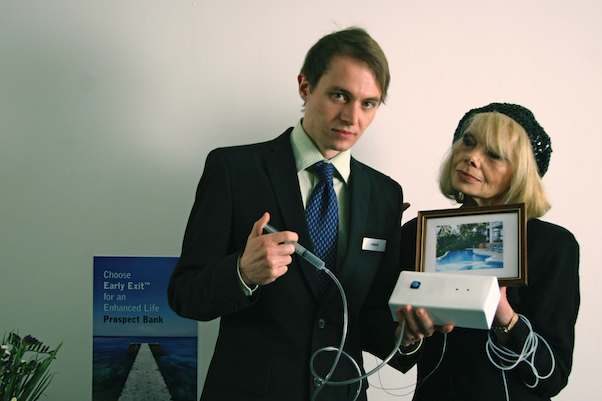

What does design, integral to the developments of the Industrial and Information Revolutions, have to ‘offer’ to the manipulation of living organisms for technological purpose?
[...]Wired.co.uk
When you're faced with the entire living kingdom as a materials library, what do you design? With this question in mind, I walked into the 2009 International Genetically Engineered Machines (iGEM) Jamboree, equipped with an aluminium briefcase full of multi-coloured poo.
[...]Second Nature: International Journal of Creative Media
Our increasingly complex scientific world functions in the realm of the microscopic, obscuring the macroscopic big picture. Secreted away in the laboratory, biotechnology is unapproachable, yet it promises to change our lives.
[...]